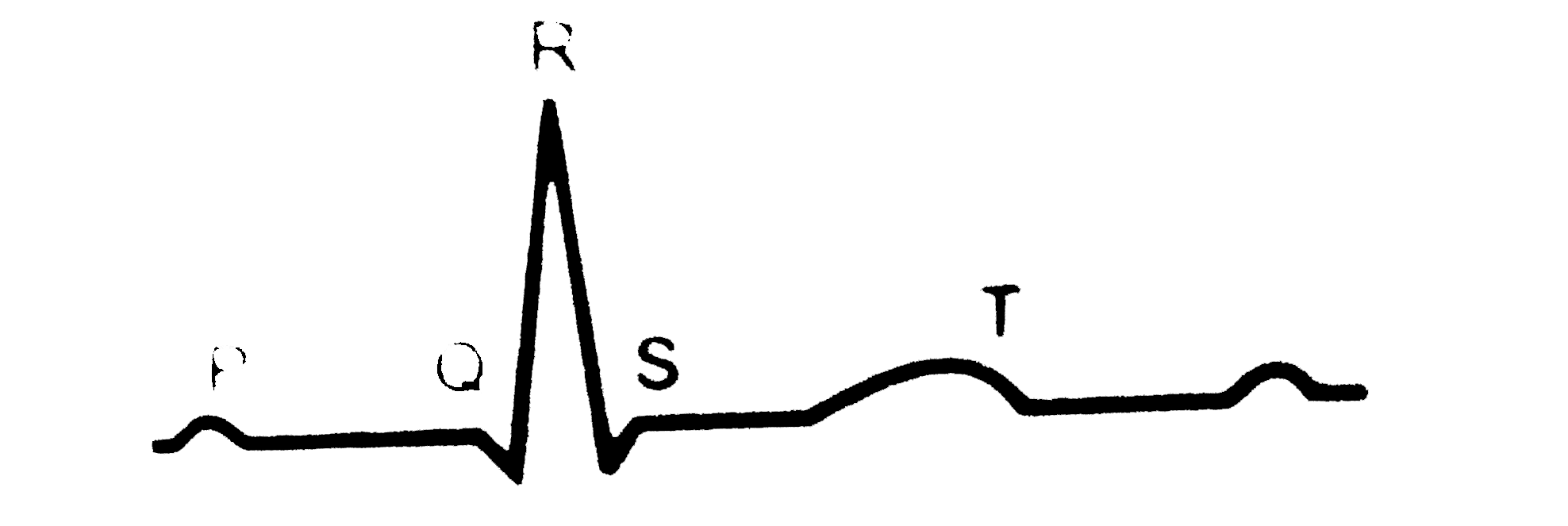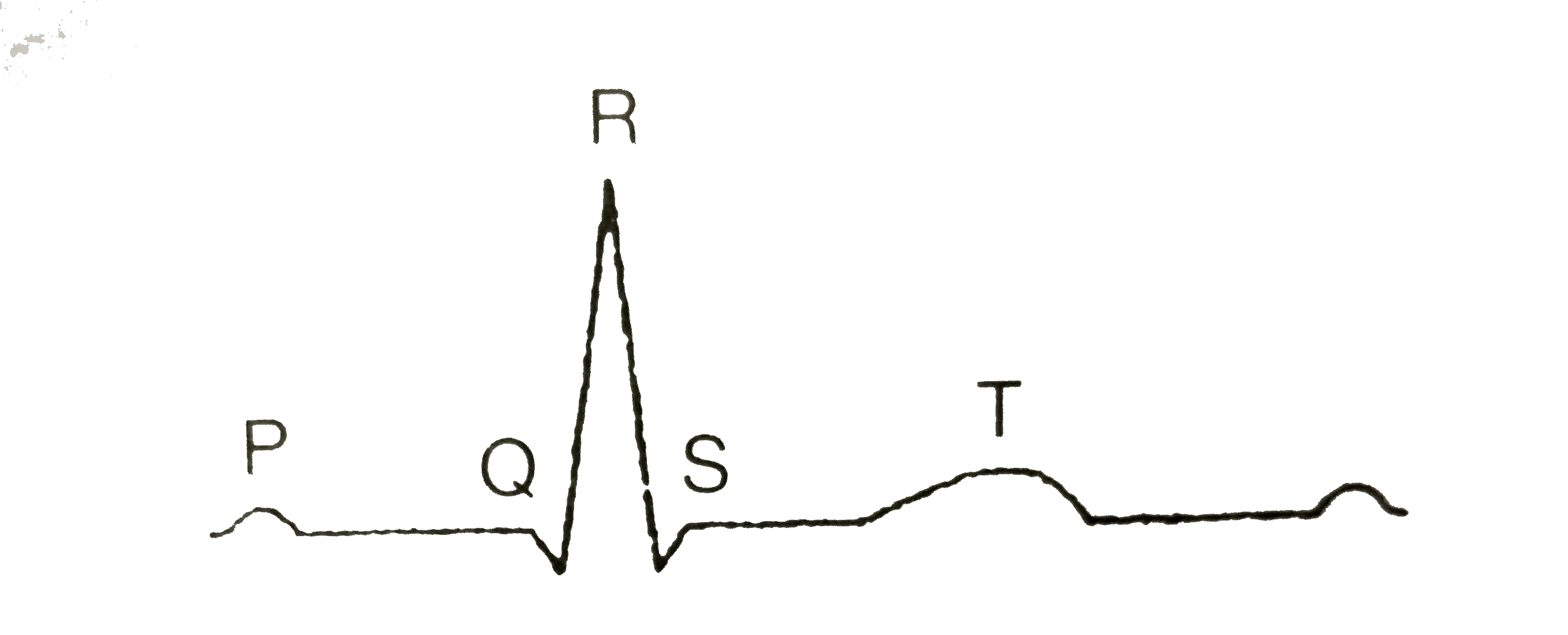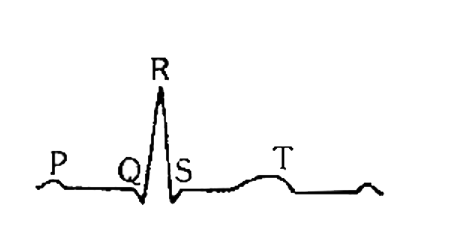In ECG, P-wave refers to
A
End of atrial contraction
B
Beginning of atrial contraction/depolarisation
C
Beginning of ventricular contraction
D
None of the above
Text Solution
The correct Answer is:B
In ECG, P-wave refers to beginning of atrial con traction/depolarisation.
|
Similar Questions
Knowledge Check
In ECG. 'p' wave represents ……….. .
Aventricular repolarizationBventricular depolarizationCatrial depolarizationDatrial repolarizationIn the standard ECG of a normal person, the P-wave represents the
Aatrial depolarisationBventricular depolarisationCatrial repolarisationDventricular repolarisationThe diagram given here is the standard ECG of a normal person, the P-wave represents the
 AInitiatio of the ventricular contractionBBeginning of the systoleCEnd of systoleDContraction of both the atria
AInitiatio of the ventricular contractionBBeginning of the systoleCEnd of systoleDContraction of both the atria
The diagram given here is the standard ECG of a normal person.The P-wave represents the

View SolutionThe diagram given here is the standard ECG of a normal person. The P-wave represents the

View Solutionthe diagram given here is the standard ECG of a normal person. The P-wave represents the :

View SolutionThe diagram given here is the standard ECG of a normal person, The P-wave represents the:

View SolutionIn ECG what is represented by P-wave , QRS complex and T-wave respectively ?
View Solution

